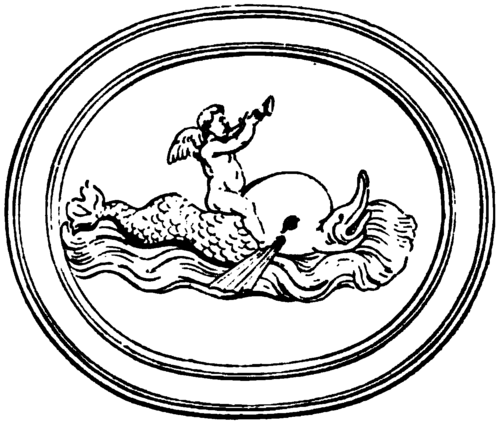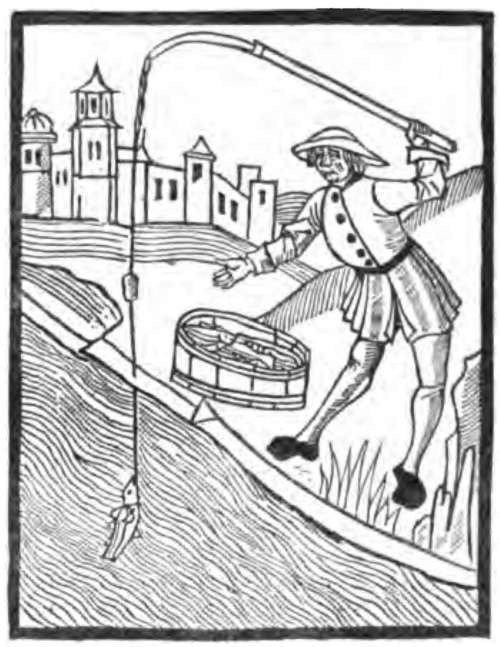Sea-Fishing From Fixed Positions: Fishing From Rocks. Part 3
Description
This section is from the book "Fishing", by Horace G. Hutchinson. Also available from Amazon: Fishing.
Sea-Fishing From Fixed Positions: Fishing From Rocks. Part 3
The rapidity with which, particularly during the second half of the flood-i.e. often the best time for prawning-the sea may come swirling round those rocks and cut off the careless and absorbed prawner from dry land, is amazing; and every summer holiday season has its dismal chronicle of dreadful drowning accidents-last season was even above the average in its crop of fatalities-to warn, in vain, the inexperienced. It has been said above that about three hours after low water is the best time for catching prawns, but it should be added to this recommendation that much depends on the coast formation. On some parts of the coast, where long rocky causeways go jutting out from above high-water mark to below low-water mark, it may be possible to catch prawns from immediately after low water almost until the tide has done flowing. Where, on the other hand, the rocks do not reach as high as high-water line, it may be impossible to " fish " after half tide. The third hypothetical case, in which there are rocks near high-water mark but only sand beyond, is one in which prawning is practically out of the question, for these animals do not trouble themselves about rocky fastnesses which are uncovered to the light of day during two-thirds of the twenty-four hours.
There are other recreations for the rock-fisher, such as probing in dark crevices with an iron hook mounted in an ash handle for congers or lobsters, but these do not, perhaps, present sufficient difficulty to make any detailed account necessary. One warning may, however, be uttered, and that is that no one who is not tired of life should ever be induced, particularly when alone,to thrust his hand and arm into a cleft on the rock, however tempting the dimly seen form of a lobster or conger may look when just out of reach of his ash handle and hook. It is often easier to thrust the arm in than to withdraw it, particularly if a large conger when hooked in this way suddenly retreats, with an immense muscular effort, farther into its cave, dragging with it the fisherman's arm farther into the narrowing hole. Appalling cases of death by drowning have been recorded from this cause, the would-be captor being held a prisoner until the waters slowly cut him off from help and life-truly a dreadful ending.
It is impossible to give here a complete guide to those portions of the coast at which the amateur may find good fishing from the rocks, as distinguished from the generality of resorts where there are reefs of rocks within reach of his boat. The Scotch coast near Aberdeen and Stonehaven is, as already mentioned, the home of rock-fishing in this island, but the London angler may prefer to go to the south-west coast, where, in Devon and Cornwall, he may find plenty of spots at which rock-fishing is often practicable. Near Hope's Nose, for instance, in the neighbourhood of Babba-combe and Torquay, as well as on the other side of Torbay, just inside Berry Head, I have seen rodfishers enjoying some sort of sport. There are many spots for this rock-fishing just west of Plymouth, and it may be followed at almost every coast town in Cornwall, though the best of the fishing is unquestionably to be had from boats.


Continue to:
- prev: Sea-Fishing From Fixed Positions: Fishing From Rocks. Part 2
- Table of Contents
- next: Chapter XXXIII. Sea-Fishing From Fixed Positions: Fishing From Sandy Shores
